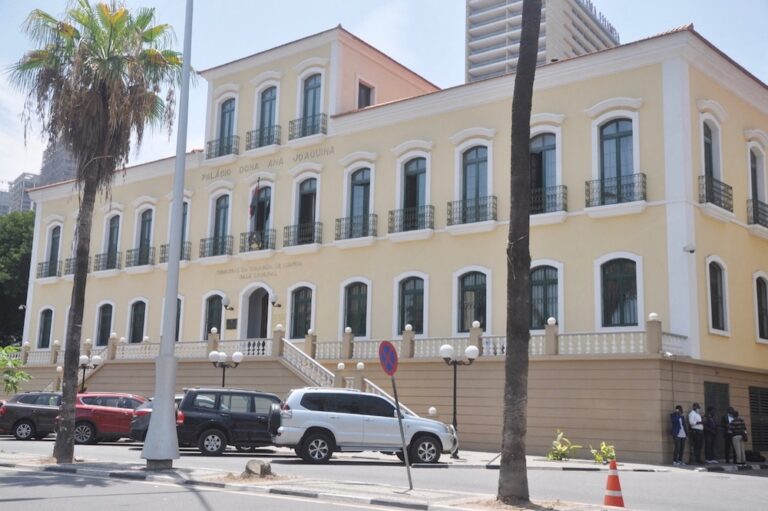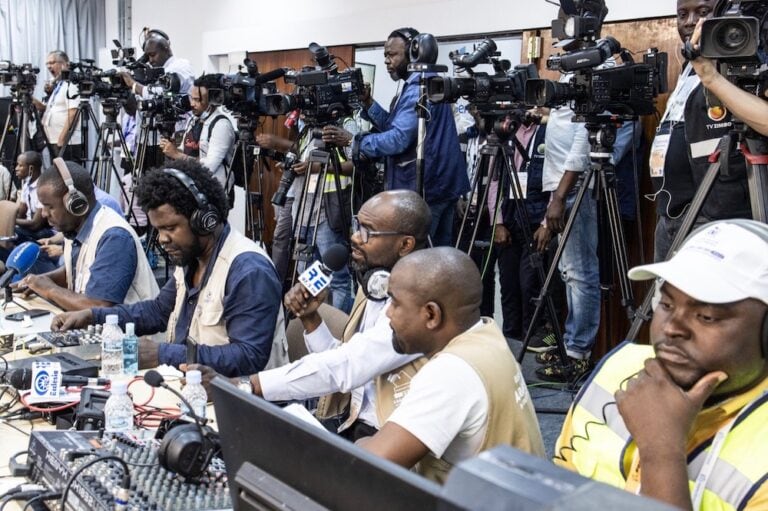(MISA/IFEX) – The famous Angolan Catholic broadcaster, Rádio Ecclésia, shut down its transmission, allegedly in reaction to growing pressure which had labelled it as a new version of VORGAN, the UNITA radio station. Rádio Ecclésia has suspended its news services for an undetermined period of time allegedly as a sign of protest against a defamation […]
(MISA/IFEX) – The famous Angolan Catholic broadcaster, Rádio Ecclésia, shut down its transmission, allegedly in reaction to growing pressure which had labelled it as a new version of VORGAN, the UNITA radio station.
Rádio Ecclésia has suspended its news services for an undetermined period of time allegedly as a sign of protest against a defamation campaign and “labelling” (misrepresentation) carried out by the state-owned and controlled daily “Jornal de Angola”.
The broadcaster, which did not furnish any official reasons for closing down its news broadcasts, had been labelled the new version of VORGAN, the official UNITA radio station because of its work, which in the opinion of a “Jornal de Angola” columnist, incites people to commit anti-social actions.
The columnist further claimed that the Boavista incidents, in which a number of people were killed in forced removals, served as a pretext for Rádio Ecclésia to “once more unleash a campaign of intoxication and agitation. The article also stated that this is done with a view to mobilising the population to [commit] anti-social and anti-government acts.”
The station management did not respond immediately to the article published on 3 July – as stipulated in the Press Law – because they were not available. The article also says that “anything that can serve to denigrate, ridicule or misrepresent the government and its leaders is the usual Ecclésia staple, having converted all its programmes into discredit[ing] campaigns and political incitement. The station runs the serious risk of being seen as a key element in machinations to illegally topple the Angolan Government.”
Rádio Ecclésia is one of the radio stations with the biggest number of listeners in the capital and in parts of the country where there is reception.


